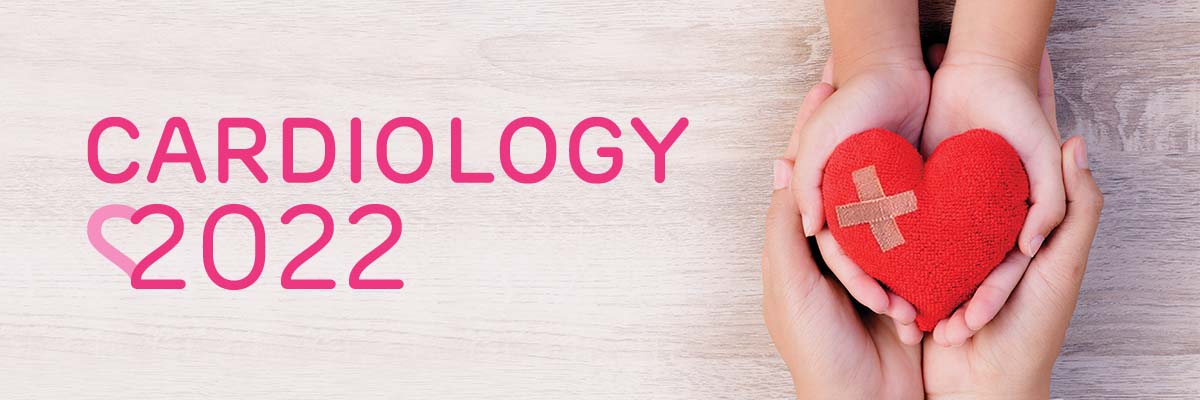
Cardiac Camp in the Time of COVID-19
Presented By:
Roslyn Rivera RN BSN CPN-BC; Kevin M. Shannon MD
Overview:
Previous research suggests that residential camp programs for children with congenital heart disease provide a positive impact, fostering improved physical and emotional health. The COVID-19 pandemic put a halt to in person gatherings and social interaction. The closure of schools and camps caused a negative impact on children, limiting their interaction with peers, and causing a regression in physical and emotional health. This was specifically apparent in children with chronic illness and disabilities. Thus reopening camps was needed to strengthen the physical and emotional stability of these children.
This case study reviews the protocols utilized by a residential camp for children with heart disease in the Los Angeles, CA area to conduct sleepaway summer camp in 2021 amidst the COVID-19 pandemic. The volunteer medical leadership team engaged in several planning meetings to delineate protocols and guidelines to allow the community to return to camp ASAP (as safe as possible).
Prior to camp protocols included: requiring all adult volunteer staff to be fully vaccinated against COVID-19, encouraging all eligible children to be vaccinated, COVID-19 PCR testing to be completed within 72 hours of first day of camp or rapid PCR testing morning of departure. While the majority of attendees completed a PCR test prior to day of, 78 children and adults were given Rapid PCR tests morning of departure by our staff. During camp protocols included: cohorts, mask wearing including outdoors, frequent hand hygiene, use of electrostatic sprayers on heavy touch surfaces, rapid testing for any adult volunteers staying as camp between sessions, and rapid testing for any suspected infections. There were 8 rapid tests completed during camp for symptomatic individuals, all resulting as negative.
Over three 5-day sessions, totally 13 days, 426 individuals attended residential camp on Catalina Island, California. The population of camp attendees included 282 children ages 7-17 with heart disease, including 21 children post heart transplants, and 144 adult staff, including 47 adults with congenital heart disease and 6 adults post heart transplant.
Understanding that holding residential summer camp for this population of children was essential and deeply needed during the COVID-19 pandemic, the volunteer medical leadership team successfully planned protocols to return to camp ASAP (as safe as possible). Developing and executing several protocols before and during camp allowed 426 individuals to safely attend residential camp over a 13 day period with zero COVID-19 cases. This case illustrates that utilizing infection prevention protocols, including rapid COVID-19 testing and comprehensive infection prevention, allowed this organization to provide a desperately needed camp experience for nearly 300 medically high-risk children during the COVID-19 pandemic.
